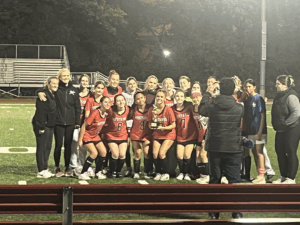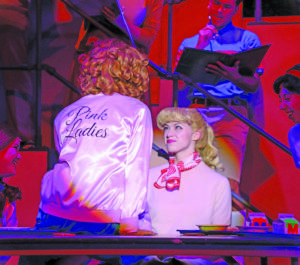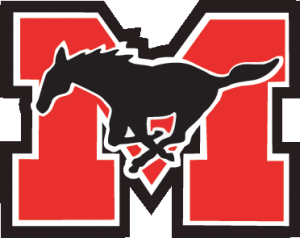A good local newspaper is about a lot more than just the news. In fact, its primary role can be more properly defined in terms of community building and sustaining. It has been my distinct honor and joy to have founded and been in charge of such a local newspaper, the Falls Church News-Press, for 33 years in the Washington, D.C. near-in suburb of the City of Falls Church, Virginia.
In a time when the prevailing view is that newspapers such as mine are relics of the past, and indeed they are dying at an astonishing rate left and right, the need for our society to turn this situation around is critically important. The trend against truth in favor of shallow made-up myths and lies, which has effectively defined our culture for the last decade, has been exacerbated by enemies of democracy in general and the United States in particular, and has a lot to do with the atomization of information in the form of what the Internet and digital alternatives offer.
Historically, newspapers functioned as the social glue that bound communities together, that were the measuring rod by which everyone in a community defined themselves and their aspirations. Newspapers have been the secret sauce, as it were, of democracies, from when Ben Franklin started his paper and everything that grew from it, namely, the American Revolution, to the circulation of the Federalist Papers through the newspapers of the day that enabled the formation of the world’s first shared democracy among enough independent entities, the original 13 colonies of North America, to forge a bastion against the dominant cultural model of rule by a monarchy.
Social progress has been mediated through newspapers in America. There is the stunning image recalled by the Rev. Amanda Hendler-Voss of the First Congregational Church of this Washington, D.C. region, cited elsewhere in this edition, of the theologian Karl Barth’s notion of advancing humanity carrying a Bible in one hand and a newspaper in the other. That was when religious institutions were inclined to be more focused on the model of the Good Samaritan parable and thereby interlinked with social progress. The “good book” in one hand, and a NEWSPAPER in the other!
In my case, I was undoubtedly born with printer’s ink in my veins, as they say. I published my first newspaper at age seven, the Benton Star, focusing mostly on news of my household, which I went through the neighborhood selling door to door. I founded a homeroom newspaper in junior high, The 214 Weekly Journal, and became editor of my high school paper, The King’s Page, for an unprecedented two years, and for two years of my college paper, The Channels.
In my sophomore year in high school I got a part-time job at my community’s local newspaper, the Santa Barbara News-Press (notice where I got the name from in founding my own newspaper).
As a graduate seminarian, during the anti-Vietnam War era, I became the principal reporter for one of the nation’s first alternative newspapers, The Berkeley Barb, and wrote the editorial for the first edition of one of the nation‘s first gay liberation newspapers, The Gay Sunshine, and later founded my own gay community newspaper, The Effeminist.
Recently, my hometown paper, the Santa Barbara News-Press went through a horrible demise, and an article about that quoted a top city official on the importance of community newspapers. In “The Death of a Daily: The Rise and Self-Inflicted Fall of the News-Press,” published in the Santa Barbara Independent, Nick Welsh wrote,
“When Santa Barbara’s former Community Development director moved to town in 1978, the first book he read was the Santa Barbara News-Press publication, “100 Years of Headlines.”
“For me, as a new planner who had just moved to town, that long-term institutional memory the News-Press offered was unique and invaluable. And it still is,’ he said.
“More than that,” he added, “the paper is (was) uniquely equipped to function as a town center. ‘It was the platform where we all could get our shared facts. We could argue about what those facts meant. But it gave us a shared platform for having those discussions.’”










